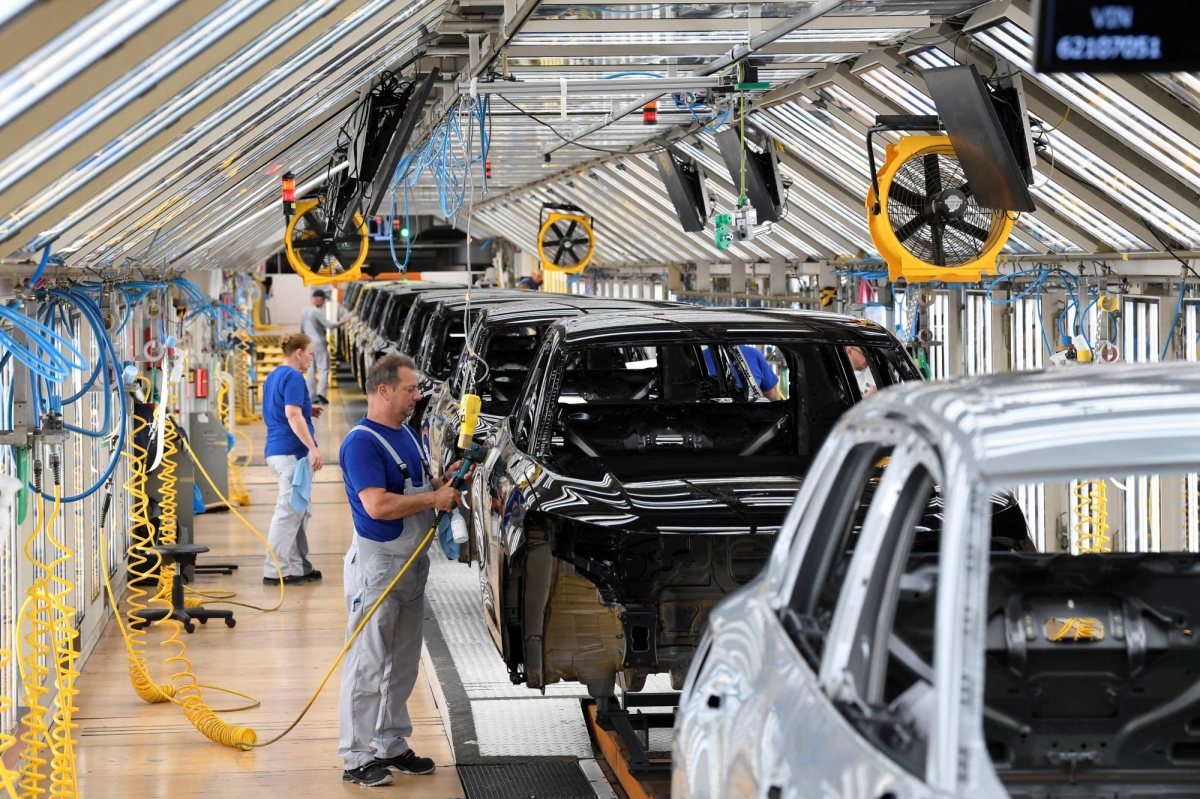The German automotive industry is facing a crisis amid poor sentiment and job cuts at Volkswagen. However, an Ifo Institute expert remains optimistic about the sector’s future despite these challenges.

Ifo expert sees hope despite industry downturn
Despite the current crisis and negative sentiment in the German automotive industry, Ifo expert Anita Wolf sees reason for hope. Even in light of the recent “nosedive” in industry mood reported by Ifo, Wolf states, “I wouldn’t write off the industry. This is not the first crisis the automotive industry has had to go through.” She adds that it won’t be the last either.
Wolf emphasizes that in the past, the automotive industry has shown great resilience and innovation during crises. This adaptability was evident in how the industry dealt with supply chain difficulties in recent years and in the development of patents for electric powertrains.

Late reaction to electrification and structural challenges
While Wolf acknowledges the industry’s overall resilience, including among suppliers, she also points out its difficulties. She criticizes the German automotive industry for reacting very late to electromobility. Unlike new pure electric providers from China, German manufacturers face the challenge of maintaining dual structures to produce both combustion engine and electric vehicles.
Additionally, Wolf notes that changed customer expectations, particularly in the crucial Chinese electric vehicle market, pose challenges. In China, a car’s infotainment offerings are much more important, an area where German manufacturers still lag behind.
ADAC supports e-vehicle incentives amid export concerns
The industry is also suffering from the general global economic development, which particularly affects the export-oriented sector. The Ifo’s recent monthly industry climate report showed a significant drop in the export expectations indicator, reaching its lowest point in a long time at minus 29.6 points.
The German Automobile Club (ADAC) sees the planned incentives for company cars with electric drives as a step in the right direction. The cabinet had previously initiated corresponding tax advantages. ADAC states, “About two-thirds of new car registrations in Germany are for commercial owners, who are currently particularly reluctant to buy or lease purely battery-electric vehicles.” These tax benefits would not only benefit manufacturers but also consumers, as the vehicles would be available on the used car market after a few years.









